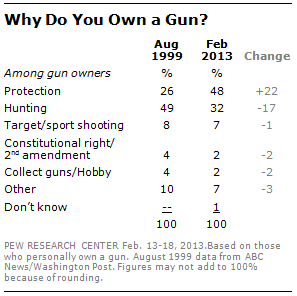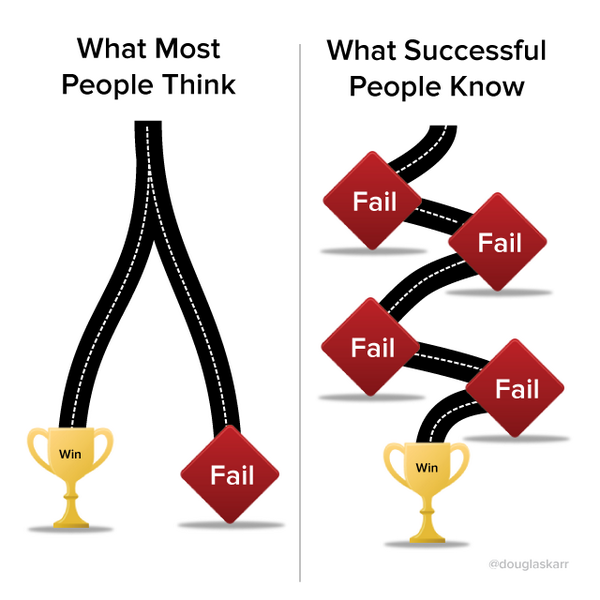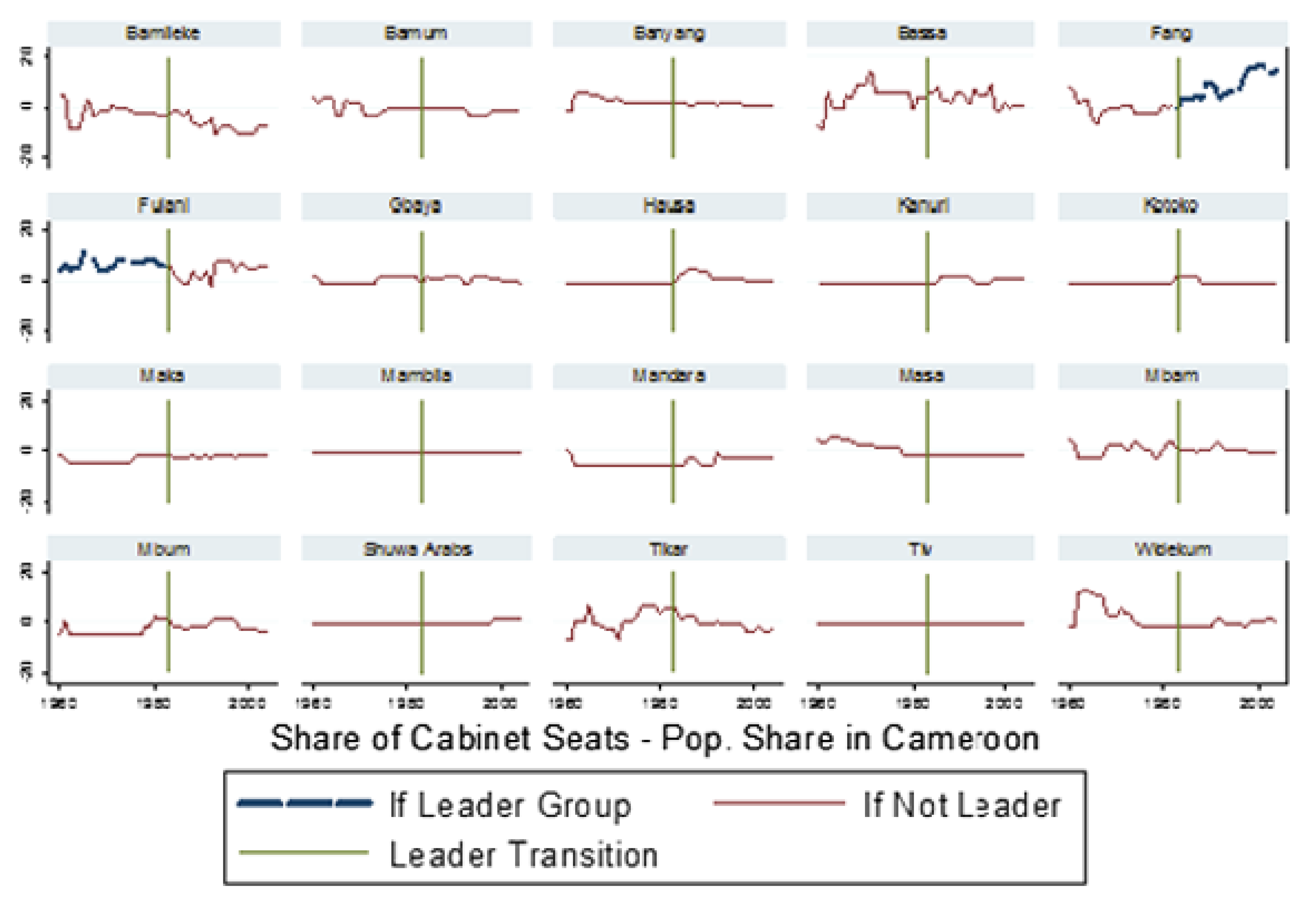Politics through the Lens of Economics
Lecture 5: Who Becomes a Politician?
Masayuki Kudamatsu
1 November, 2017
Any change
in policy of your choice?
Don't think on your own
Ask me during my office hour
Ask other students / friends / other professors
Google in Japanese and in English
For your term paper...
Discussion Time
Does the Citizen Candidate Model explain
why gun control hasn't been adopted
in the U.S.?
Remember when a model can explain reality?
Background for discussion #1
131 mass shootings in the U.S. since 1966

Image source: Washington Post (2017)
Worksplace
Church
School
Military
Shop
Other
Background for discussion #1 (cont.)
131 mass shootings in the U.S. since 1966
Image source: Washington Post (2017)

Background for discussion #2
Image source: Pew Research Center (2013)

Discussion Time
Does the Citizen Candidate Model explain
why gun control hasn't been adopted
in the U.S.?
Aim to give a wrong answer!

Today's Road Map

Who becomes a politician?
A theory of political parties
Motivation for today #1
Main lessons from
citizen-candidate model
Median voter's ideal policy
is not necessarily adopted
Policy choice depends on
which citizens run for office
Evidence suggests
Politicians choose their own ideal policy, not the median voter's
We need to know who becomes a politician
to understand policy-making
Who becomes a politician?
Two dimensions to consider
Representation
Competence
Occupation
Income
Family background
Education
IQ test score
Leadership
Media sometimes report politicians' previous occupation

Image source: www2.ttcn.ne.jp/honkawa/5217.html

Naitonal legislators' previous job
across major rich countries
But these statistics are not meaningful
unless it's compared to the entire population
That's a difficult data exercise
except for one country...
Politician's job is a crude measure of representation/competence
Their father's job/income: more relevant as "social class"
Competence should be measured by IQ test etc.
Evidence from Sweden
Data: about 50,000 municipal councillors during 1982-2010

Botkyrka municipal council meeting
Image source: www.aina.org/news/20140131142534.htm
(Many national politicians used to be municipal councillors)
If politician's father is perfectly representative of the population
Share
1%
Income percentile
0
100
Evidence on representation from Sweden
Obtain income distribution for every adult Swede in 1979
Then see where each politician's father is located in the distribution
Swedish Politicians DO represent the entire population
in terms of father's income
Figure 4 of Dal Bo et al. (2016) "Who Becomes a Politician?"

While Swedish doctors or CEOs DO NOT
Figure 5 of Dal Bo et al. (2016) "Who Becomes a Politician?"


Figure 7 of Dal Bo et al. (Feb. 2016) "Who Becomes a Politician?"
Swedish politicians DO represent the entire population
in terms of father's occupation
(farmers overrepresented, though)
Measure competence by:
Cognitive skills (i.e. IQ test score)
Leadership
"Residual ability"
= Income difference that cannot be explained by
age, education, occupation, and location
Evidence on competence from Sweden
Swedish politicians are
more competent
than the population
with similar parental income

Figure 12 of Dal Bo et al. (Feb. 2016) "Who Becomes a Politician?"
Swedish politicians are
more competent
than the population
with similar parental jobs

Figure 13 of Dal Bo et al. (Feb. 2016) "Who Becomes a Politician?"
We do not know whether the same is true for other countries
due to the lack of data
When competent citizens become politicians?
Consider a citizen-candidate model:
Step 1: Each citizen decides whether to run for office
Running for office is costly
Step 2: Each citizen decides whom to vote
Candidate wins by plurarity
Step 3: Winning candidate picks a policy to implement
When competent citizens become politicians?
Modify a citizen-candidate model so that
Citizens differ in competence, not in their ideal policy
Competent citizens
earn higher wages in private sector
prefer a better policy
When competent citizens become politicians?
Step 3: Winning candidate picks a policy to implement
Competent citizens pick a better policy
Step 2: Each citizen decides whom to vote
They vote for competent citizens, if they run for office
Optimization at each step
Optimization at Step 1: whether to run for office
Competent
Incompetent
Benefit from running for office
Competent candidate:
more likely to win
When competent citizens become politicians?
Competent
Incompetent
Cost of running for office
Foregone
earning
difference
Optimization at Step 1: whether to run for office
When competent citizens become politicians?
Competent
Incompetent
Net benefit from running for office
Loss
Gain
Optimization at Step 1: whether to run for office
When competent citizens become politicians?
Competent
Incompetent
Loss
Gain
Run for office
Keep working
in private sector
Optimization at Step 1: whether to run for office
When competent citizens become politicians?
Only incompetent citizens run for office
Competent
Incompetent
Loss
Gain
Optimization at Step 1: whether to run for office
When competent citizens become politicians?
If being a politician is more rewarding...
Competent
Incompetent
Competent citizens also run for office
and more likely to win in election
Gain
When competent citizens become politicians?
If being a politician is more rewarding...
Competent
Incompetent
Gain
When competent citizens become politicians?
Competent citizens are elected politicians
Being a politician is more rewarding when...
Politicians are well-paid (relative to private sector wage)

Source: OECD and The Economist (2013)
Image source: qz.com/183305/in-italy-members-of-parliament-make-five-times-more-than-the-average-worker/
When competent citizens become politicians?
Being a politician is more rewarding when...
Politicians are prestigious
Source: The Harris Poll
% of respondents saying the occupation is prestigious
(US, in 2015)
| Doctor | 90% |
| Scientist | 89% |
| Firefighter | 80% |
| Banker | 44% |
| Politician | 40% |
| Video game designer | 37% |
| Real estate agent | 32% |
When competent citizens become politicians?
most politicians
are
competent
So we have multiple equilibria
Politicians
are
prestigious
Competent
citizens
enter into politics
most politicians
are
incompetent
Politicians
are not
prestigious
Competent
citizens
stay away from politics
When competent citizens become politicians?
Evidence from Italian mayors
Mayor's salary jumps
from 2,169 euro to 2,789 euro (per month)
across the municipal population of 5,000 in Italy
We can use regression discontinuity design
to see whether a politician's pay rise induces
competent citizens to enter into politics
Evidence from Italian mayors
A pay rise induces
more educated citizens to run

Candidates

Winners (i.e. Mayors)
Figures 1 and 2 of Gagliarducci and Nannicini (2013)
And they win
Who becomes a politician in autocracy
Fact #1: Politicians are less educated than in democracy

Democracy
Autocracy
Figure 1 of Besley and Reynal-Querol (2011)
Who becomes a politician in autocracy
Fact #1: Politicians are less educated than in democracy
Figures 3 and 4 of Besley and Reynal-Querol (2011)


Who becomes a politician in autocracy
Both good performance and social connections
are key to become a top politician in China

Figure 1 of Jia et al. (2015)
Fact #2:
Who becomes a politician in autocracy
Cabinet ministers in Africa
represent the population distribution of ethnicity
Figure 1 of Francois et al. (2015)
Fact #3:

Cameroon

Who becomes a politician in autocracy
Cabinet ministers in Africa
represent the population distribution of ethnicity
Figure 1 of Francois et al. (2015)
Fact #3:

Sierra Leone

Today's Road Map

Who becomes a politician?
A theory of political parties
Motivation for today #2
In citizen-candidate model
Voters do not believe
any other electoral promise
than candidate's ideal
What should politicians do if their ideal policy is not popular?
Form a political party
Citizen-candidate model:
a politician can commit to his/her own ideal policy only
policy
politician A
Political parties as a commitment device
Consider two politicians with different ideal policies
policy
politician A
politician B
Political parties as a commitment device
If these two politicians form a political party
the party can commit to any policy in between
policy
politician A
politician B
Political parties as a commitment device
To understand why, consider a policy not in between
policy
politician A
politician B
Political parties as a commitment device
To understand why, consider a policy not in between
policy
politician A
politician B
Both politicians are better off by moving this policy to the left
The party AB cannot commit to this policy
Political parties as a commitment device
policy
politician A
politician B
Same is true for any policy not in between
The party AB cannot commit to any policy not in between
Political parties as a commitment device
policy
politician A
politician B
Now consider a policy in between
Moving this policy towards A's ideal policy
B is worse off and thus never agrees to A
Political parties as a commitment device
policy
politician A
politician B
Now consider a policy in between
Moving this policy towards B's ideal policy
A is worse off and thus never agrees to B
Political parties as a commitment device
policy
politician A
politician B
Now consider a policy in between
Suppose
Suppose
neither A nor B can win an election himself/herself
but this policy allows the party AB to win an election
Political parties as a commitment device
policy
politician A
politician B
Now consider a policy in between
Then
Both A and B are willing to promise this policy
The party AB can commit to this policy
And any deviation is vetoed by one of them
Political parties as a commitment device
policy
politician A
politician B
Same is true for any policy in between
The party AB can commit to any of these policies
Political parties as a commitment device
A role of political parties in policy-making
Consider two policy issues (e.g. redistribution & whom to subsidise)
Redistribution
Group-specific
subsidy
Consider three groups of citizens where no group has a majority
Redistribution
Group-specific
subsidy
Rich
Poor
Special
Interest
A role of political parties in policy-making
Redistribution
Group-specific
subsidy
Rich
Poor
Special
Interest
Without political party
Poor will run for office and win in equilibrium
A role of political parties in policy-making
(by the same logic as here)
Redistribution
Group-specific
subsidy
Rich
Poor
Special
Interest
What if Rich and Special Interest form a political party?
A role of political parties in policy-making
Rich
Special
Interest
The party cannot commit to any policy not on the line in between
Both better off by moving to a policy on the line
A role of political parties in policy-making
Redistribution
Group-specific
subsidy
Rich
Poor
Special
Interest
Both Rich and Special Interest prefer these policies to Poor's ideal
A role of political parties in policy-making
Redistribution
Group-specific
subsidy
Rich
Poor
Special
Interest
The party obtains the majority of votes by offering these policies
A role of political parties in policy-making
This theory of political party may explain the rise of BJP in India


India: world's biggest democracy ever since its independence in 1947
Congress Party had been dominant
BJP won general elections in late 1990s
It's a coalition of the wealthy and
(poor) Hindu fundamentalists
Summary
Swedish politicians are
Representative of the whole population in terms of social class
More competent than the average Swede
Competence citizens become politicians
if being a politician compensates for their income loss
One role of political parties:
Allow politicians to commit to policies other than their ideal
These insights wouldn't have been obtained
if we hadn't had the citizen-candidate model
Next lecture
Model of politics #3
Probabilistic Voting Model
Voters care about more than one policy issues
Can be used to analyze pork-barrel politics


This lecture is based on the following academic articles:
Dal Bó, Ernesto, et al. 2016. "Who Becomes a Politician?" Unpublished paper.
Caselli, Francesco, and Massimo Morelli. 2004. “Bad Politicians.” Journal of Public Economics 88: 759–82.
Gagliarducci, Stefano, and Tommaso Nannicini. 2013. “Do Better Paid Politicians Perform Better? Disentangling Incentives from Selection.” Journal of the European Economic Association 11(2): 369–98.
Levy, Gilat. 2004. “A Model of Political Parties.” Journal of Economic Theory 115(2): 250–77.
Politics through the Lens of Economics: Lecture 5 Who Becomes a Politician?
By Masayuki Kudamatsu
Politics through the Lens of Economics: Lecture 5 Who Becomes a Politician?
- 2,281



